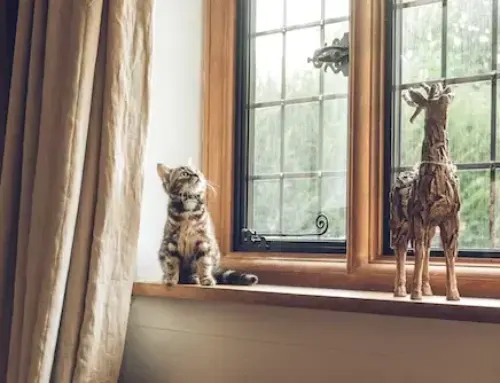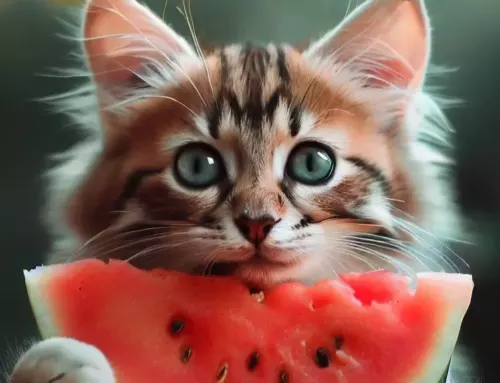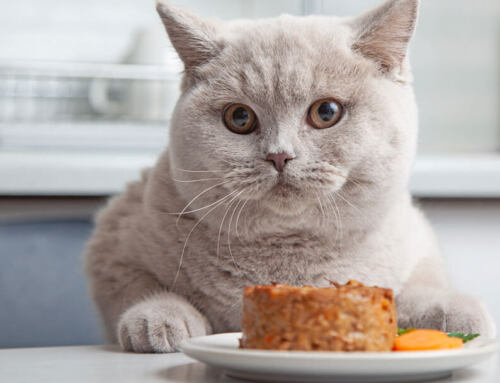Do you need to rush your kitten or elderly cat to the doctor if they suddenly stop eating? Or, if your cat seems OK otherwise, can you wait till the morning? How about a few days?
Don’t hold your breath for a better appetite in cats. Fatty liver, which can lead to liver failure, is a risk for cats that go without food for more than two days. Hepatic lipidosis (also known as fatty liver) occurs during anorexia when fat is transferred to the liver from other parts of the body to be used as fuel. The liver, which is responsible for breaking down the fat, becomes overworked in the process. Fatty liver is more common in cats that are overweight or obese, although every cat is at risk.
Dehydration, electrolyte imbalances, vitamin deficits, weight loss, and slowed healing and recoveries are additional risks associated with starvation. After ruling out medical causes and concluding that your cat’s loss of appetite is related to selective eating, your veterinarian can discuss methods for establishing a regular feeding routine. Your veterinarian may also suggest changing your pet’s diet or transitioning them from dry to canned food. Adding fish oil or a bit of canned tuna to a cat’s food has also helped some pet parents. Keep in mind that your cat won’t get the proper nutrition from human food (which is why we recommend starting with canned cat food).
How long can my cat go without eating?
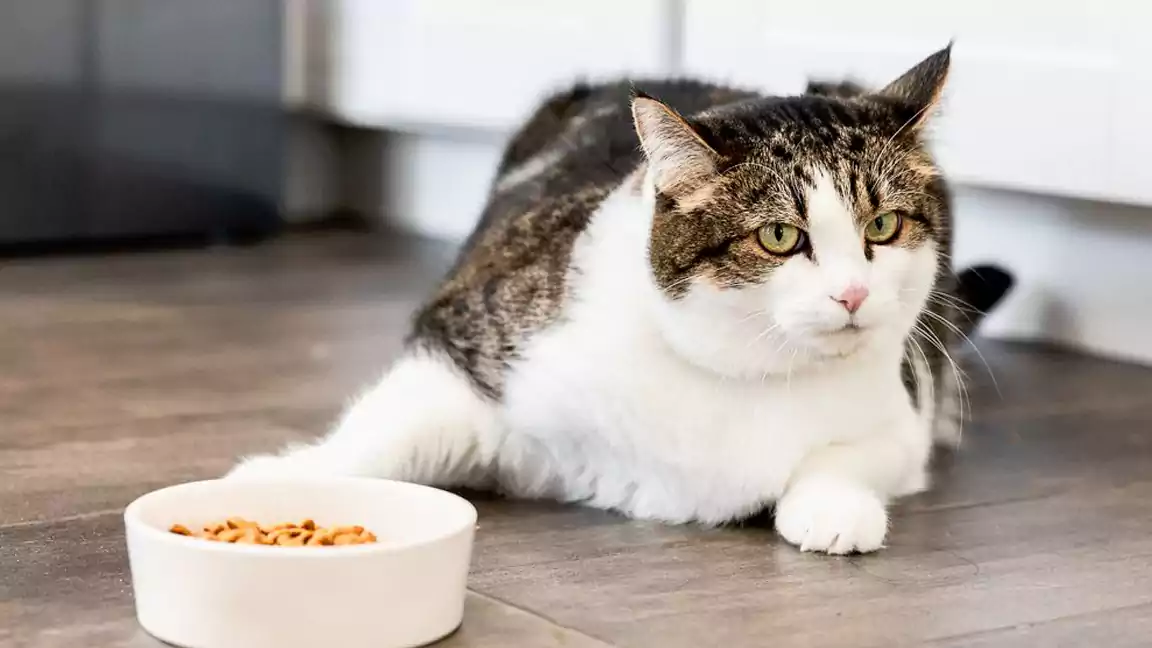
Like people, cats can live longer without food than water. Two weeks without food is manageable for cats, but they won’t make it past three days without water. In any case, your cat’s strength will diminish the longer they go without food, so if you think they haven’t eaten in a day or more, make an appointment with the doctor. They can figure out what’s wrong and help you get your cat eating normally again.
How long can a cat survive without food and water
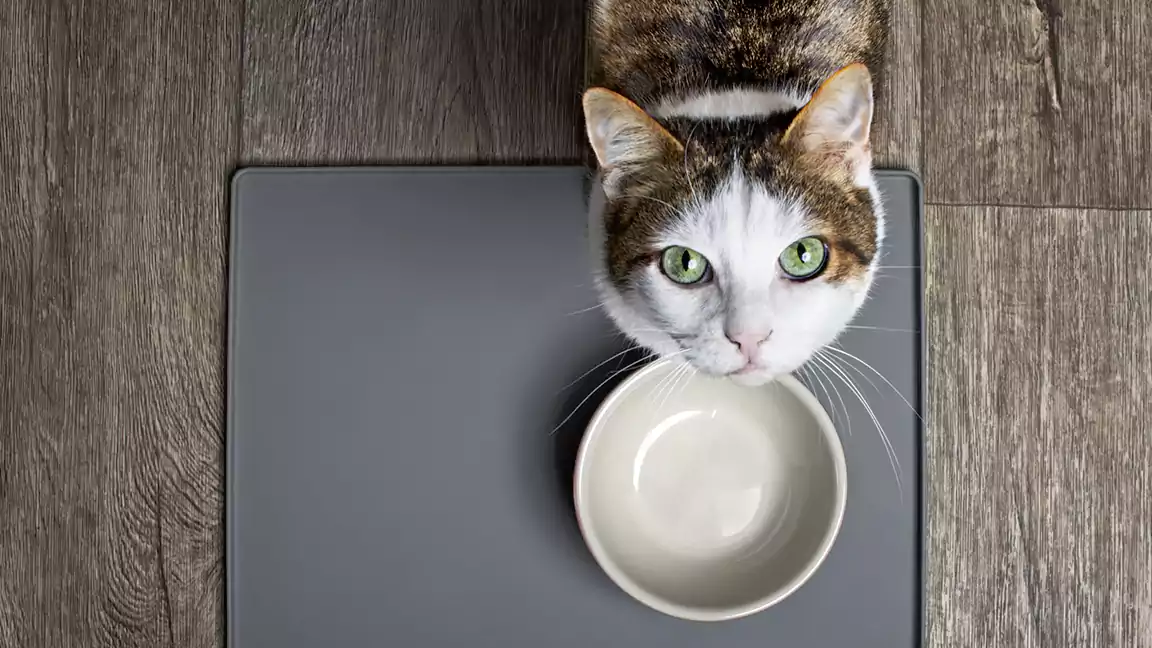
Even with water, a cat only has a three- to four-day survival window without food. Dr. Sievert stressed the importance of mentioning that a cat will get emaciated and ill after going without meals for two days. To maintain health and happiness, felines require a constant supply of food. Hepatic lipidosis is a liver ailment that can be fatal if not treated soon, and it can be brought on by a cat’s lack of food.
According to Dr. Sievert, “the process can begin shortly” since “unlike dogs and people, a cat’s liver cannot support their bodies.” As its organs fail due to malnutrition, the animal will eventually die. As for water, that’s a whole ‘nother ballgame.
A cat’s body can’t function properly without water. “It maintains the cells functioning so that all the organs work properly,” Dr. Sievert explained. As the author puts it, “It keeps the brain healthy, keeps the blood circulating, boosts metabolism, improves digestion and makes sure the cat doesn’t become constipated, removes toxins from the cat’s body through urine, and maintains the proper pH level.” Hence, a cat can go three to four days without food, but only one to two days without water. Cats can get dangerously dehydrated in as little as 24 hours, veterinarian Dr. Burch told The Dodo. When a cat goes without water for an extended period of time, serious consequences include electrolyte imbalances and organ damage can arise.
Consequences of cats not eating or drinking
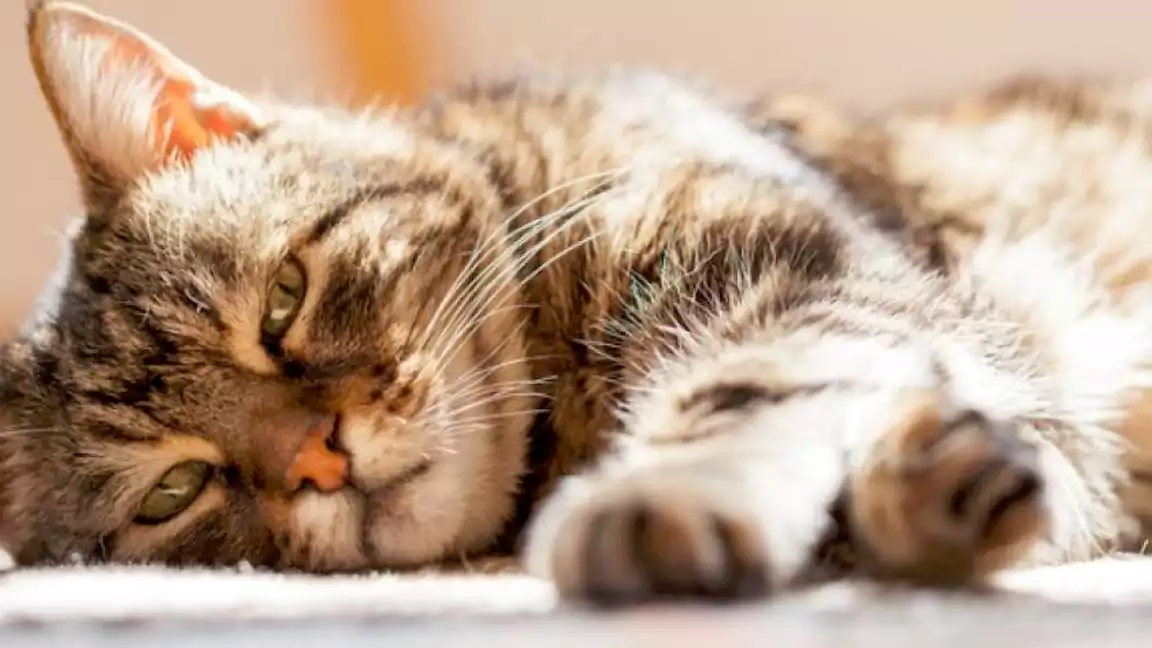
What Happens to Cats Who Don’t Eat for Days?
Since cats are strictly carnivorous, they need to eat a lot of meat. Severe health problems might arise if a cat goes without food for several days. The condition known as fatty liver disease, or hepatic lipidosis, is one example. Excessive fat builds up in the liver, eventually leading to liver failure. Hypoglycemia, in which the cat’s blood sugar drops dangerously low, can also occur if the cat stops eating. Weakness, seizures, and even coma have been linked to hypoglycemia.
Cats that go without food for long periods of time may also endure loss of muscular mass. Cats can lose strength and immunity when they don’t receive enough to eat. The body will begin breaking down muscular tissue to make up for the lack of fuel. Cats who go without food for several days often become dehydrated, which can exacerbate existing conditions like kidney failure. If your cat hasn’t eaten in more than a day or two, you should take them to the vet so they can assess their condition and determine if they need supportive care, such as IV fluids or a feeding tube, to recover and stay healthy.
Cat not eating or drinking for 3 days
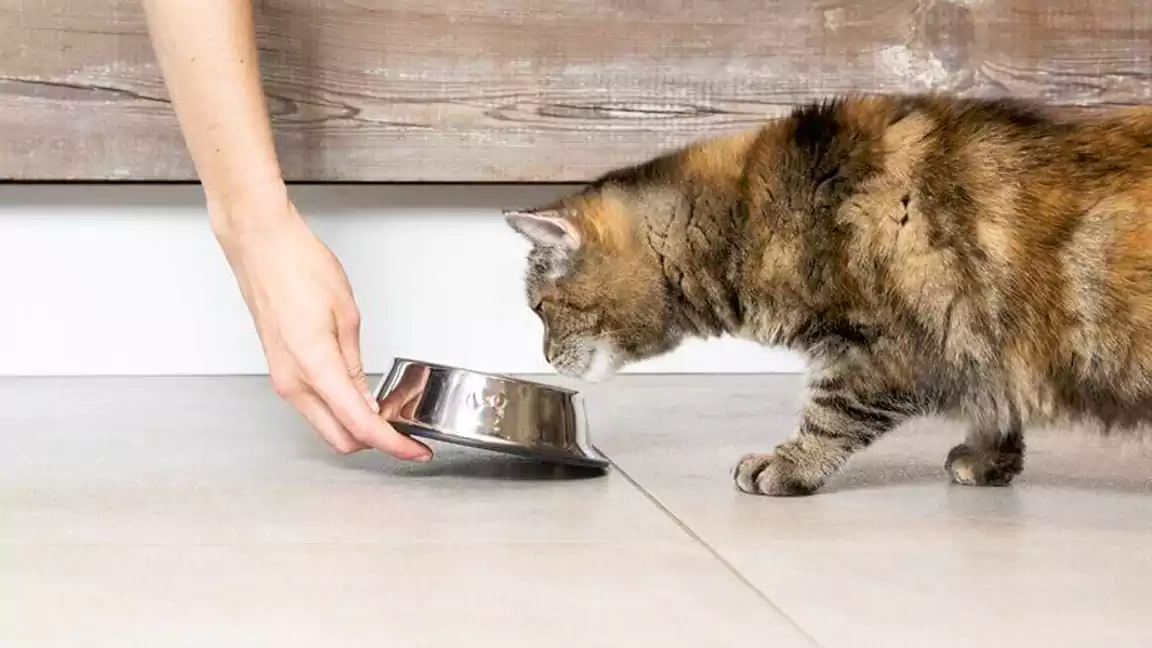
All living things require water and nourishment to stay alive. Food provides the fuel and nutrients our bodies require to function normally, and water helps keep us hydrated so that everything works smoothly. This is also true for cats, and it can quickly turn fatal if your cat stops drinking water or eating. If they are well hydrated, cats can go without meals for up to two weeks.
Nonetheless, serious concerns should be raised after three days if a cat hasn’t eaten or drunk. Their organs will shut down rapidly if they are deprived of food and water. This article explores the link between hunger and death. We’ll also investigate why your feline friend isn’t drinking water or chowing down, and offer advice on how to get her to eat again. With this knowledge, there is no way that the situation could become life-threatening.
Cats who are otherwise healthy can go without food for up to two weeks. Throughout the course of the following days, they will become increasingly ill, eventually succumbing to their illness. Your cat’s body will begin to shut down at this stage since the condition has become life-threatening. Cats may go several days without eating or drinking water before their bodies begin to break down, but this process accelerates dramatically when they take in neither. Even in the best of circumstances, three days without food and water is usually fatal for a cat. Starvation and dehydration will ultimately be what kills them.
Cat won’t eat or drink
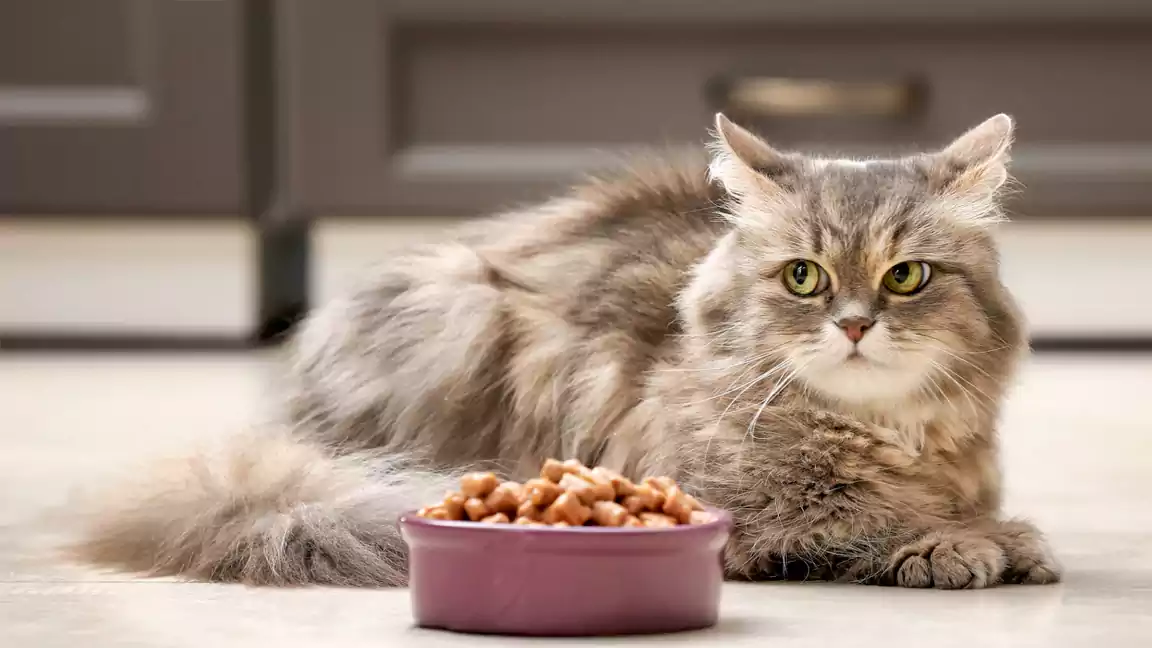
Cats may be very naughty and mischievous and are frequently misunderstood. Taking care of a cat can be challenging, especially if you’re a rookie pet parent. If you’ve ever lived with a cat, you probably have a lot of anecdotes about how the animal was the cause of your problems. Having a cat around may be a pain in the neck, regardless of the breed or age.
They may act irrationally for no apparent reason at all, or they may do so merely for the sake of acting irrationally. Strange behavior is inevitable for whatever cause they may have. If your cat suddenly stops eating or drinking, this is perhaps the most concerning sign. Certainly, cats have an innate tendency to be arbitrary. But what if there’s no obvious cause and your pet suddenly stops drinking water or eating? Is it time to start worrying? Is it time to get in touch with the veterinarian? Or should you not be so indulgent and feed the cat every different kind of food you have?
Take a deep breath and try to calm down before you freak out. Many things could be causing your cat to suddenly stop drinking water or eating. Several of these could be harmful to your cat and are symptoms of an underlying illness. But some ones are absolutely benign and occur in nature. Without further ado, then, here are the causes behind your cat’s refusal to consume liquids.
Those Bowls Are Wrong
The cat’s feeding station is as necessary as its bed, playthings, and litter box.
There is no age or breed of furball that is immune to the practice of ignoring its food and water bowls if it doesn’t like them. If the dishes are overly deep, for instance, the cat may avoid using them so as to avoid getting its whiskers wet or muddy. And the cat will know if you don’t wash the bowls after each meal. Picture how revolting it would be to use soiled cutlery or glasses.
Another potential issue with the bowls is their proximity to one another. That’s fine with some feline friends. Nonetheless, there are certain cats whose natural inclinations as carnivores and scavengers simply cannot be suppressed. Thus, they won’t want the meal bowl near the water dish. However, the feline could be picky about its drinking source, preferring instead to drink from a pet fountain or the sink’s running water. That is, it will require access to clean, running water.
Whimsicality
A sense of playfulness is a quality shared by almost all cats. Even the most laid-back, patient and quiet feline can eventually turn capricious. There are three primary explanations to consider if your cat is randomly avoiding the food station. To begin with, it’s probably aware that you’ve tried to covertly sneak a supplement or medicine into the food or the water. To add insult to injury, it’s probably just hanging around in the hopes of stumbling upon something more appetizing than what it’s currently eating.
Last but not least, it probably believes you’ll feed it scraps from the table. After all, there’s always another side of the fence where the grass appears to be greener. Cats aren’t aware that you’re hoarding unhealthy chocolate or cheese from them.
Feelings of Dehydration Weakness
The feline body is naturally constructed differently than the human body. Cats don’t have the same acute sensitivity to dehydration as people have. Your fluffy pal’s poor thirst detection may be to blame for its stubborn refusal to drink. Just doesn’t get that it’s supposed to be parched.
Also, due to the large quantity of moisture in canned cat food, it will reach its daily water consumption sooner than if you were providing it dry food. As long as you know that’s the case, you may rest easy knowing your pet isn’t thirsty. There’s a real problem, though, if it’s not drinking at all.
Indigestion
If your cat has suddenly stopped eating and drinking, dyspepsia could be to blame. Hairballs are just one potential source of discomfort for those with digestive issues.

